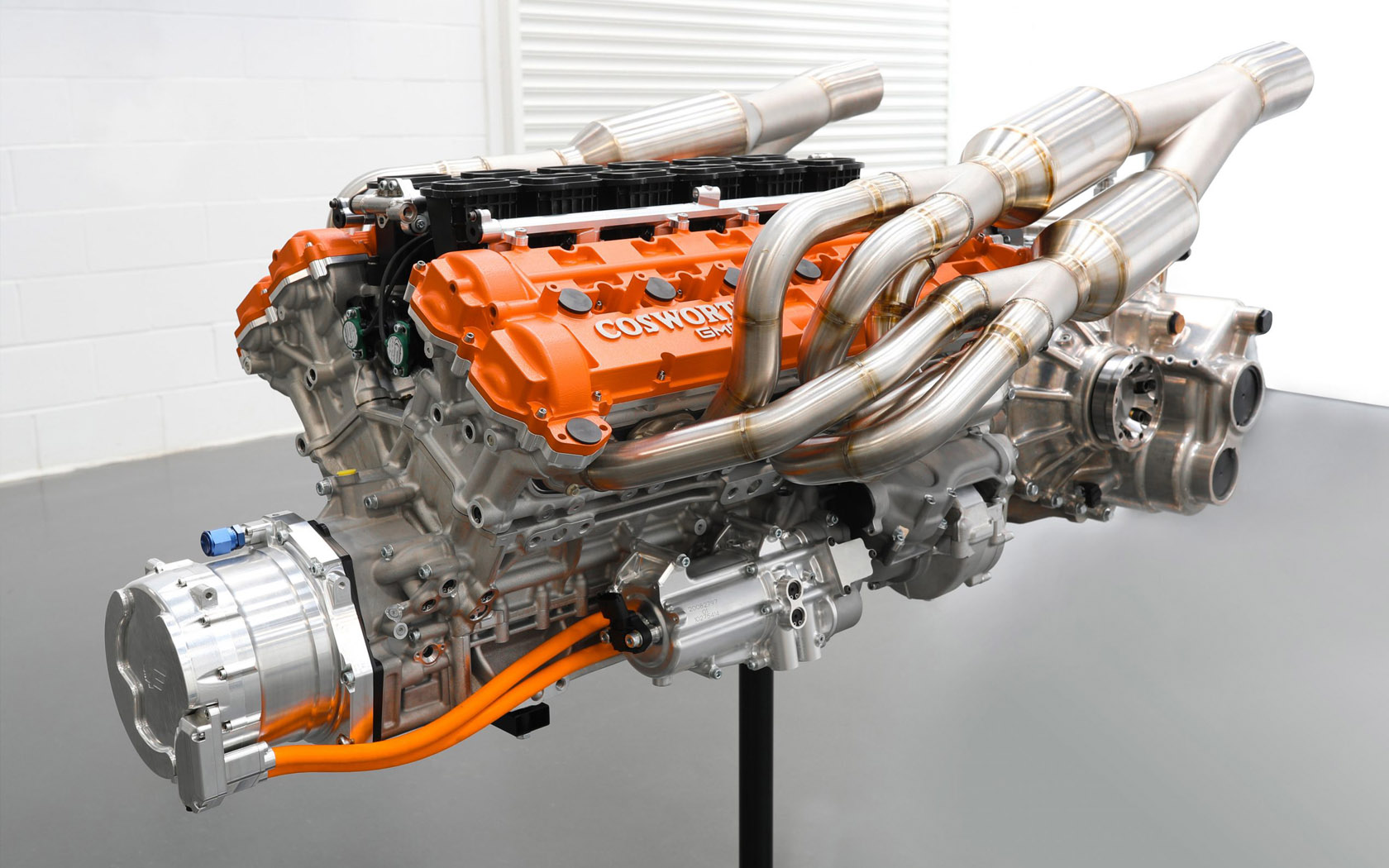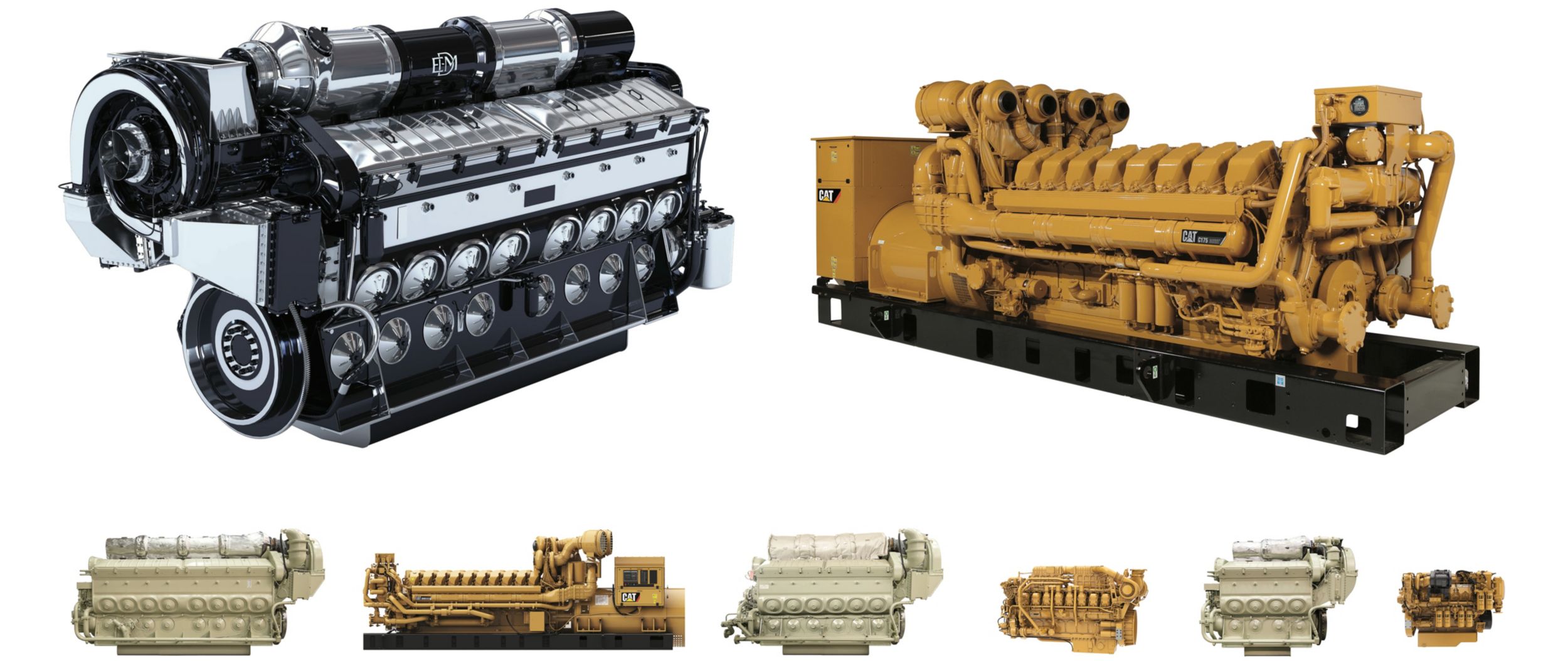The Impact of Innovative Engine Technologies on Power Performance and Environmental Sustainability
In the realm of transport and industrial machinery, the continuous pursuit for improved energy effectiveness and decreased environmental impact has led to substantial improvements in engine modern technologies. From the progressive shift towards hybrid and electrical systems to the assimilation of turbocharging for boosted performance, the landscape of engines is advancing quickly.
Evolution of Engine Technologies
The progression of engine technologies over the years has actually been marked by continual technology and refinement in pursuit of improved performance and performance. From the early days of inner burning engines to the advanced hybrid and electrical powertrains these days, the development of engine innovations has actually been driven by a ruthless pursuit for enhanced gas effectiveness and lowered emissions.
One substantial milestone in this development was the growth of turbocharging and direct shot systems, which considerably enhanced engine power output while improving gas efficiency. These modern technologies permitted smaller, much more lightweight engines that can provide the performance of bigger ones without jeopardizing on efficiency.
In addition, innovations in materials science have actually led to the widespread adoption of lightweight materials such as light weight aluminum and carbon fiber in engine construction. This has not only minimized total vehicle weight however has actually likewise boosted engine efficiency by decreasing power losses connected with inertia and friction.
Benefits of Electric and Hybrid Solutions
With the expanding emphasis on sustainability and energy performance, what benefits do electrical and hybrid systems use in the world of engine technologies? Electric and hybrid systems present various benefits that contribute to an extra lasting and energy-efficient future. Among the key advantages is the significant reduction in greenhouse gas discharges contrasted to traditional interior burning engines. Electric cars generate no tailpipe exhausts, causing boosted air quality and lowered environmental impact. Furthermore, hybrid and electric systems are more energy-efficient, converting a greater percent of saved energy into propulsion compared to standard engines. This performance leads to reduced energy consumption and operating costs over the vehicle's life time. Moreover, electric cars provide regenerative braking systems that record and keep power typically shed during braking, further boosting power effectiveness. Crossbreed systems integrate the benefits of electric propulsion with the adaptability of a combustion engine, providing expanded driving varieties and decreasing array stress and anxiety for consumers transitioning to electrical vehicles. On the whole, electric and hybrid systems play an essential duty in progressing energy performance and environmental sustainability in the transportation field.
Turbocharging for Improved Efficiency
Turbocharging jobs by making use of a turbine to require more air into the combustion chamber, allowing for far better gas burning and boosted power result without a substantial increase in engine dimension. By making the most of the performance of the combustion procedure, turbocharged engines can achieve better fuel economy and lowered exhausts, contributing to environmental sustainability. The widespread adoption of turbocharged engines in both fuel and diesel cars shows their efficiency in stabilizing performance, performance, and ecological effect.
Taking Advantage Of Different Fuels
Harnessing alternative fuels offers an encouraging method for lowering carbon emissions and expanding the power resources utilized in transportation. As the globe aims to fight environment change and reduce dependency on fossil gas, alternative gas have gotten significant focus for their possible ecological and financial benefits.
Biofuels, such as ethanol and biodiesel, are stemmed from sustainable resources like algae, sugarcane, and corn, providing a cleaner burning option to standard gas and diesel. These gas can be combined with existing petroleum fuels or utilized in specialized engines, offering a path to reduced greenhouse gas discharges and boost air high quality.
Furthermore, hydrogen fuel cells have become an appealing innovation for zero-emission transport. engines for africa. By converting hydrogen gas into electrical energy to power electrical motors, fuel cell cars create just water vapor as a byproduct, getting rid of unsafe tailpipe exhausts totally
In addition to minimizing carbon exhausts, different gas can additionally boost power protection by expanding the gas mix and lowering dependence on imported oil. Embracing alternate fuels in transportation is a vital step in the direction of accomplishing a much more lasting and eco-friendly future.

Future prospects and environmental advantages
The ecological benefits of different fuels and their potential for lasting sustainability are vital factors to consider in the transition in the direction of cleaner power sources. Different fuels, such as biofuels, hydrogen, and electrical energy, offer considerable ecological benefits compared to standard nonrenewable fuel sources. These fuels create reduced levels of greenhouse gas discharges, reducing air contamination and mitigating environment change influences. Additionally, different gas can help branch out power resources, enhancing energy protection and reducing reliance on finite sources.
The future prospects for alternate gas in the transportation industry are appealing. Innovations in technology remain to enhance the efficiency and cost of different gas vehicles, making them much more easily accessible to customers. Federal governments worldwide are likewise carrying out plans to incentivize the adoption of alternate fuels, better driving their development. As r & d initiatives expand, the read here capacity for also greener and extra lasting fuel options increases, leading the way for a cleaner and a lot more eco-friendly transport field. By welcoming cutting-edge technologies and different gas, the path towards an extra sustainable future becomes progressively attainable.

Final Thought
In verdict, innovative engine look at here now technologies have played a critical duty in improving power effectiveness and advertising environmental sustainability. The evolution of engine innovations, adoption of electrical and hybrid systems, utilization of turbocharging, and exploration of alternate fuels have all contributed to lowering emissions and increasing effectiveness.
In the realm of transport and industrial equipment, the continuous quest for enhanced energy efficiency and lowered environmental impact has led to substantial innovations in engine technologies. Turbocharging jobs by utilizing a wind turbine to compel even more air right into the burning chamber, permitting for far better fuel burning and enhanced power output without a significant boost in engine dimension. By optimizing the performance of the combustion procedure, turbocharged engines can attain enhanced gas economic climate and reduced discharges, contributing to environmental sustainability. Alternative gas, such as biofuels, hydrogen, and power, offer considerable environmental benefits contrasted to typical fossil gas. The advancement of engine technologies, adoption of electric and hybrid systems, application of turbocharging, and exploration of alternate fuels have all contributed to reducing emissions visit this site and raising effectiveness.